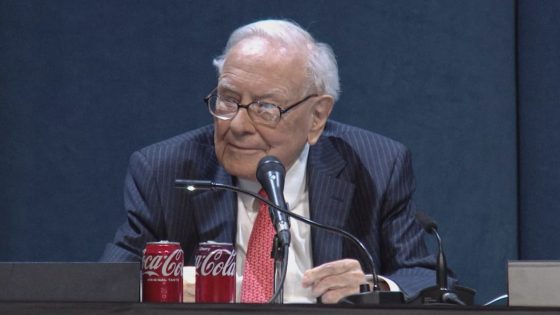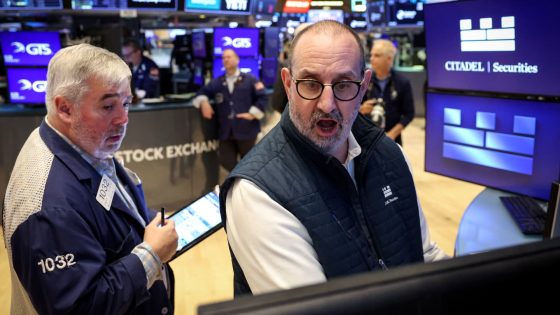The ongoing boycott of Target stores has sparked a new wave of activism, with the leader now calling for an electronic protest against Dollar General. On May 28, 2025, Jamal-Harrison Bryant, a prominent pastor, urged supporters to inundate Dollar General’s email and phone lines, demanding a renewed commitment to diversity, equity, and inclusion (DEI).
- Boycott of Dollar General initiated by Bryant
- Electronic protest targets company's DEI commitment
- Bryant criticizes Dollar General's community investments
- No boycott due to food desert concerns
- Target boycott extended indefinitely after lack of action
- Target's stock down nearly 30% this year
Unlike traditional boycotts, Bryant emphasized that this protest is not about avoiding shopping at Dollar General, especially in food deserts where the retailer is a primary grocery source. Instead, he aims to pressure the company into accountability for its DEI policies, which he argues have been compromised under political pressure from the previous administration.
This situation raises important questions about corporate responsibility in a globalized economy. How can companies balance profitability with social commitments? The protest against Dollar General may resonate beyond U.S. borders, influencing similar movements worldwide.
- Activism is increasingly digital, allowing global participation in local issues.
- Corporate accountability is becoming a key factor for consumer loyalty across markets.
- Political climates can significantly impact corporate policies on social issues.
- Food accessibility remains a critical concern in many regions, complicating boycott strategies.
As this movement gains momentum, it may inspire further global discussions on corporate ethics and community engagement. Will companies heed the call for change, or will they risk alienating their customer base?





























